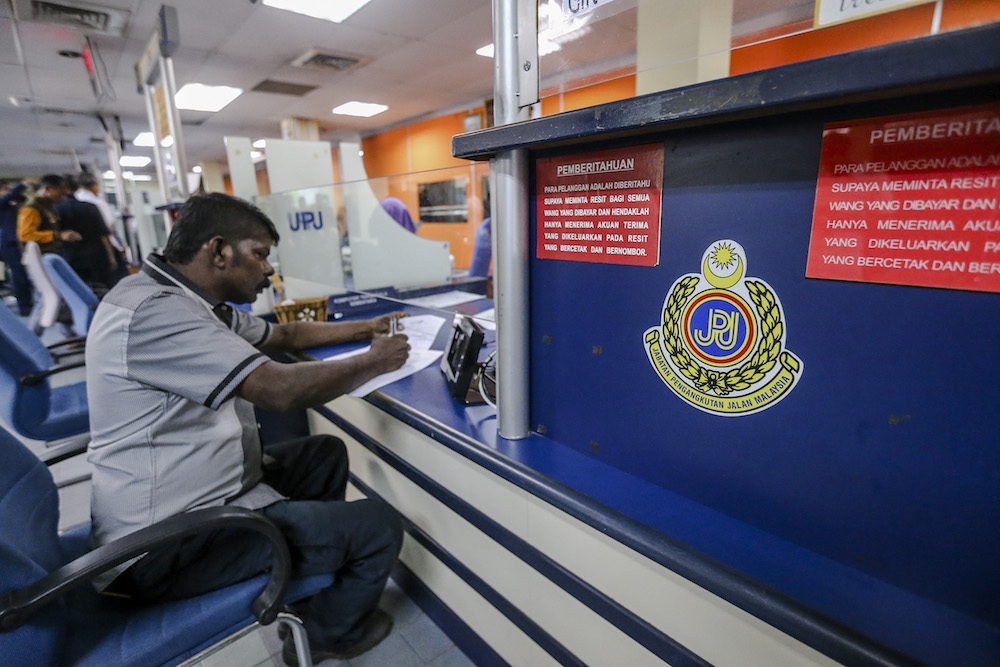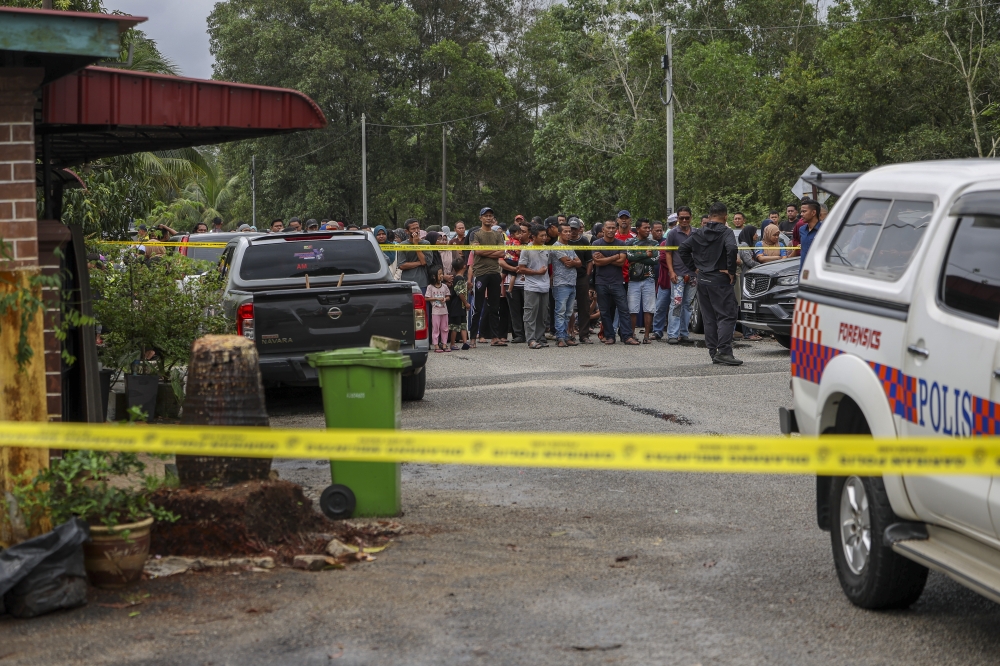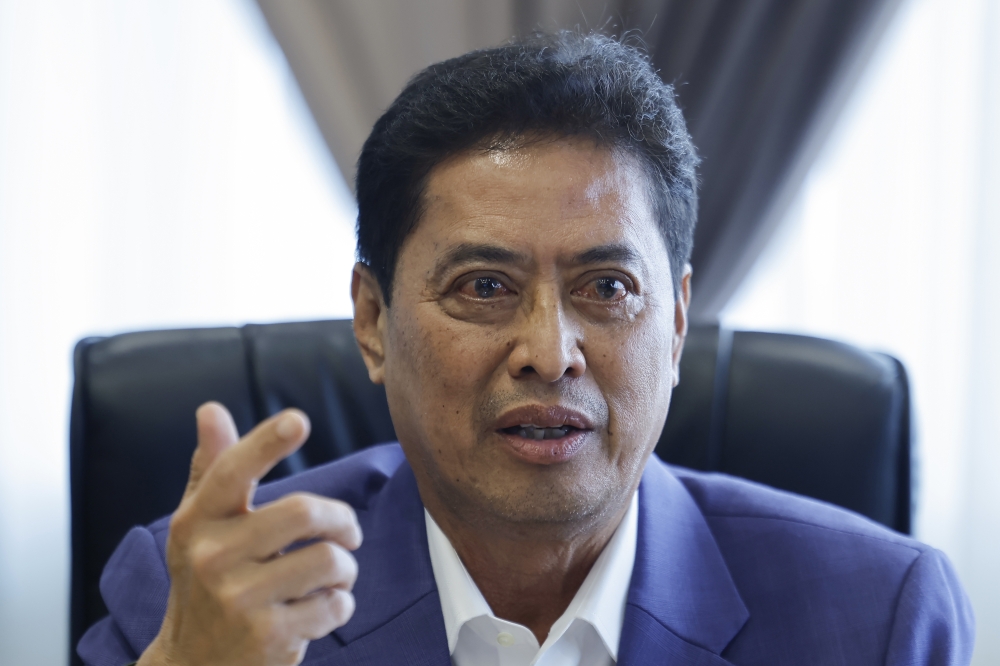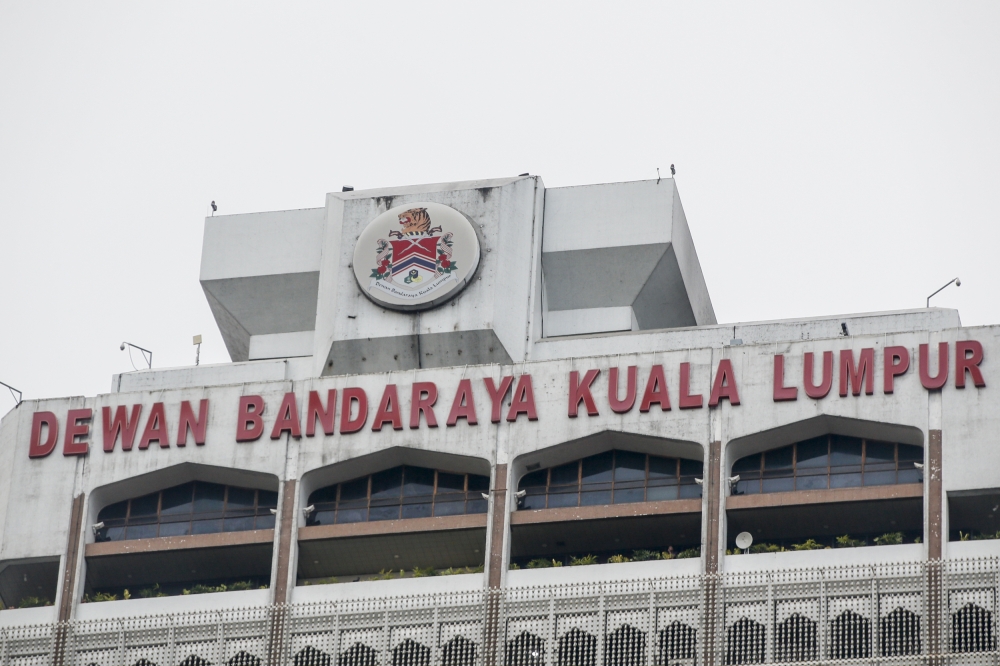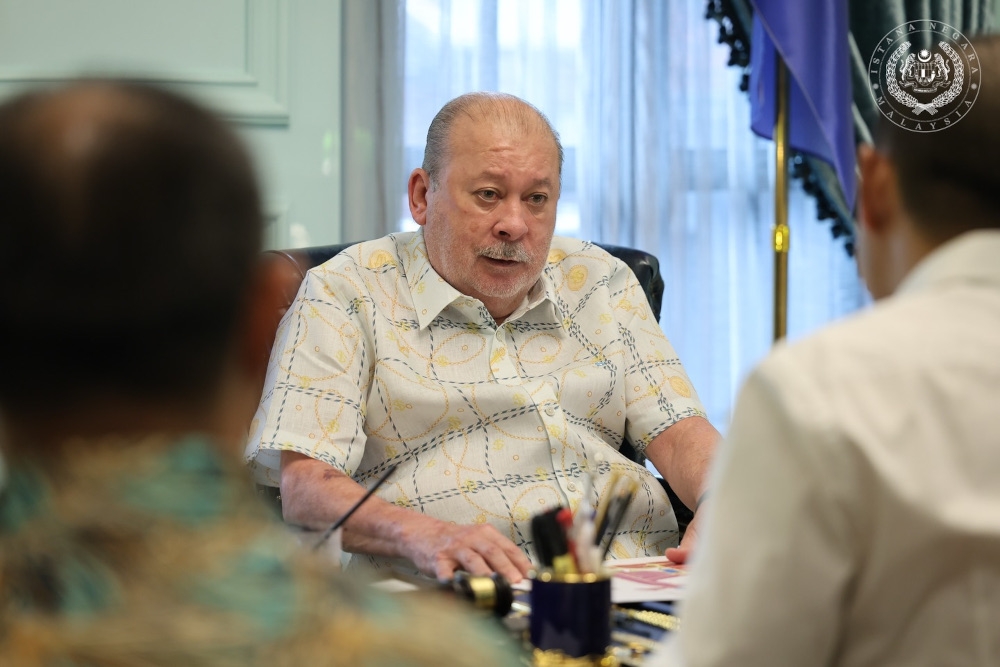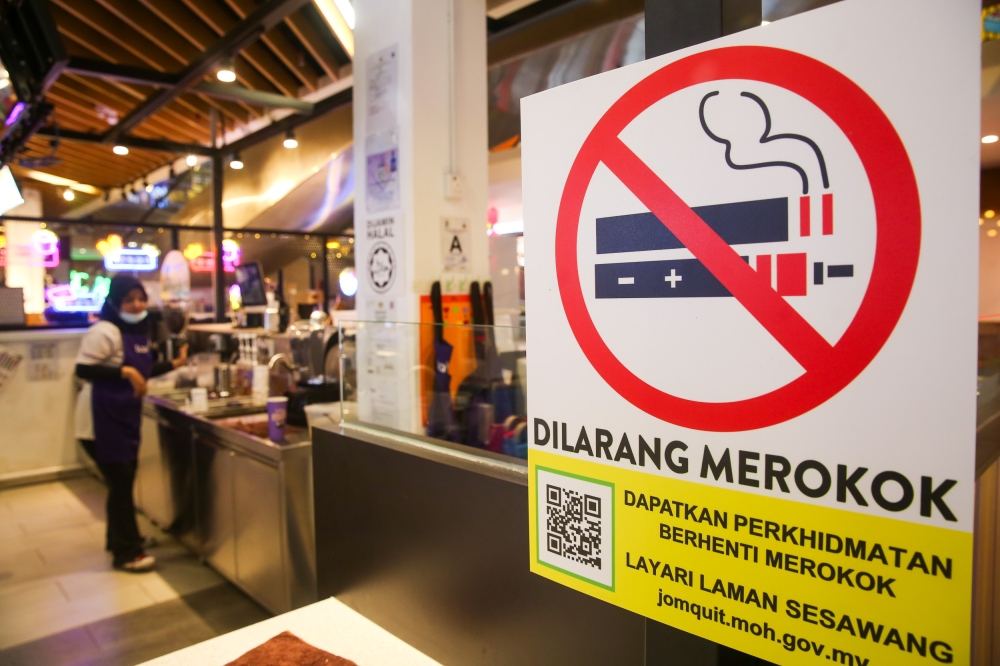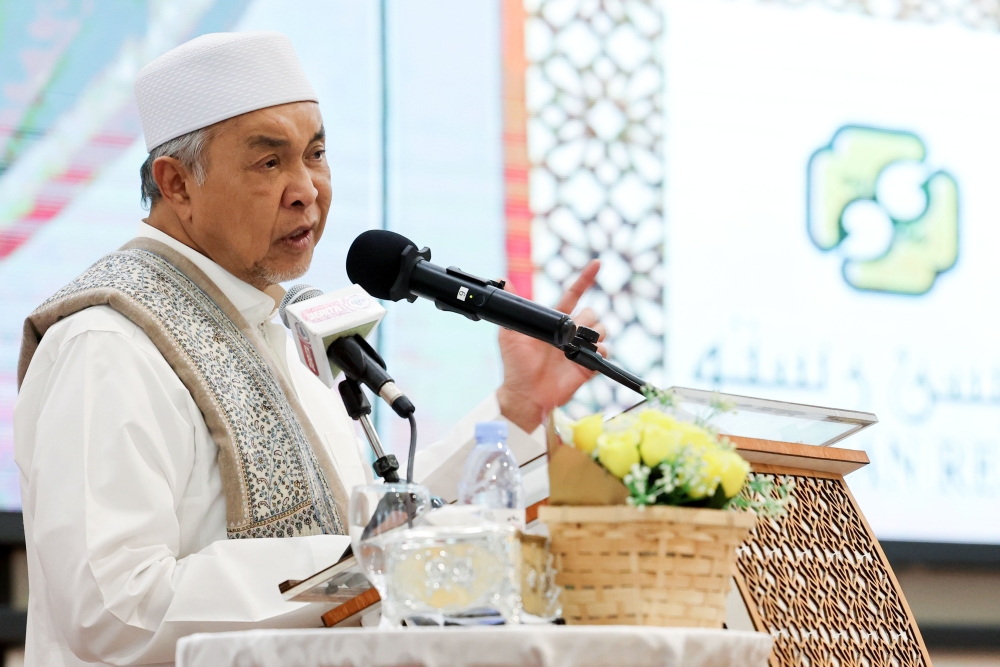KUALA LUMPUR, April 30 — Datuk Seri Najib Razak did not flag activities linked to his three AmBank accounts even after millions of ringgit moved in and out of these, the High Court heard as part of his trial involving RM42 million from a former 1MDB unit today.
AmBank Jalan Raja Chulan branch manager R. Uma Devi also testified today that the former prime minister took no action and made no complaint from 2011 to 2015 despite irregularities in the signatures of signatories he appointed via authorisation letters to the bank.
Uma Dewi, testifying for the fourth day in a row, then agreed with Najib’s lawyer, Tan Sri Muhammad Shafee Abdullah, that it was abnormal for such inconsistencies to go unreported.
Shafee: Do you find it quite surprising, in view of what was raised earlier, of the bank records having such issues?
Uma Devi: It is quite unusual I would say.
Shafee: Looking at the documents, in relation to the matters we testified over various accounts, did you not find any documents that raised alarm, pertaining to sources of funds (in Najib’s accounts?)
Uma Devi: Not to the records I have.
Uma Devi is the 21st prosecution witness in Datuk Seri Najib Razak’s money-laundering and criminal breach of trust trial over RM42 million of funds from SRC International, a former 1Malaysia Development Berhad (1MDB) unit.
Uma Devi said despite principles and practises of each bank differing among each other, transactions of RM50,000 from overseas sources would usually raise alarm bells at branch level and require Bank Negara Malaysia’s (BNM) approval.
She said that at branch level, transactions of such amounts would trigger a threshold report, requiring the owner of the recipient account to explain the source and purpose of the incoming funds.
The bank manager then explained banking procedures concerning suspected fraud, where if such cases were detected by the bank’s Anti-Money Laundering unit, a report would be made to the Suspicious Transaction Report (STR) system first, and not necessarily the account holder.
Shafee: In relation to, if the bank itself finds something irregular, do you agree with me that the bank owes the duty to the account holder to alert the customer that they suspect something is not entirely right?
Uma Devi: Meaning if the account has any fraud? Usually we don’t inform the customer because it will tip them off. Normally we raise the issue to STR within the bank, and the Compliance Unit will investigate and inform the branch if they need to inform the customer. At the first stage, we will raise it with STR, and then prompt compliance (unit).
Shafee: Surely you don’t mean banish account holder. If you do find something not right, you must surely alert the holder if you suspect the ones who operate the account (are responsible). Wouldn’t you have to contact the holder and alert them?
Uma Devi: If it is proven that fraud is done by the account nominees, then we have to alert (them).
Shafee: When someone detects a different signature (on authorisation letters), there are grounds to alert (the bank)?
Uma Devi: After investigations then we will take action, we have to investigate.
Shafee: If (investigations are) not satisfactory?
Uma Devi: Then we will inform the account holder.
Concerning investigations and raids carried out by BNM on the AmBank branch she works at in 2015, Uma Devi also agreed that a report must have been reported for action to be taken by the then special task force was headed at that time by attorney general Tan Sri Abdul Gani Patail, then BNM governor Tan Sri Zeti Akhtar Aziz, former inspector-general of police Tan Sri Khalid Abu Bakar, and then MACC chief Tan Sri Abu Kassim Mohamed.
The trial will continue on May 2.


